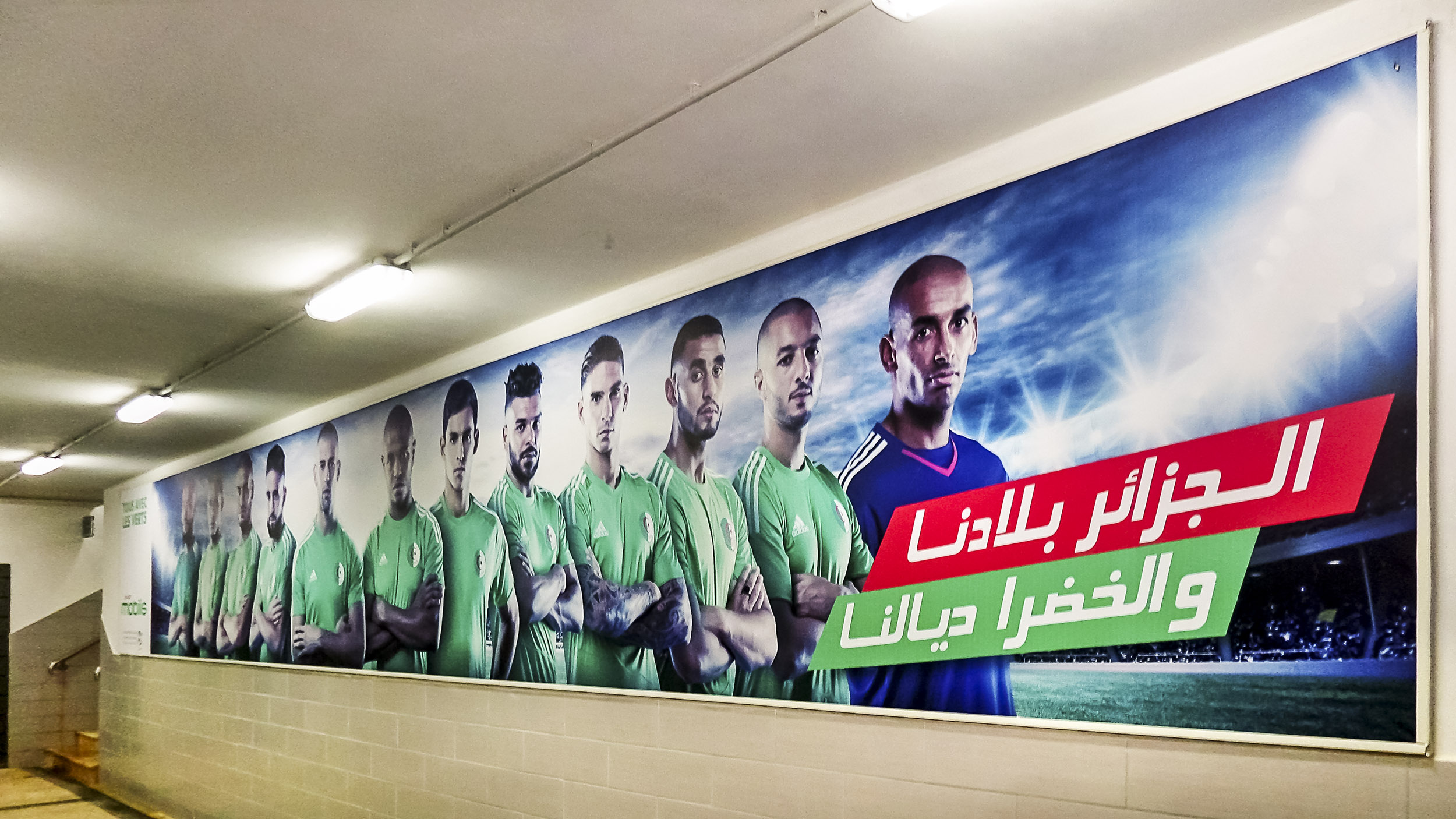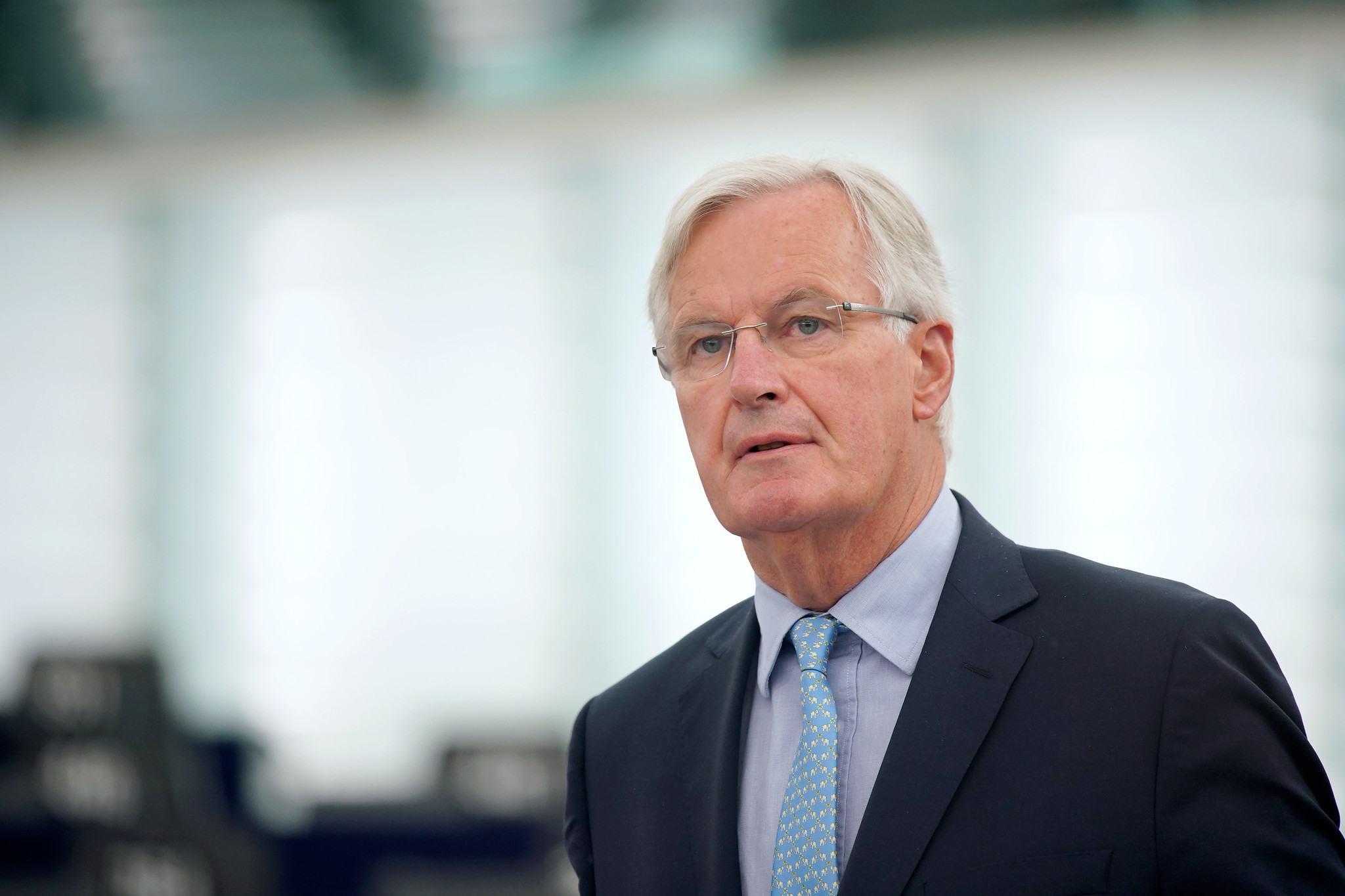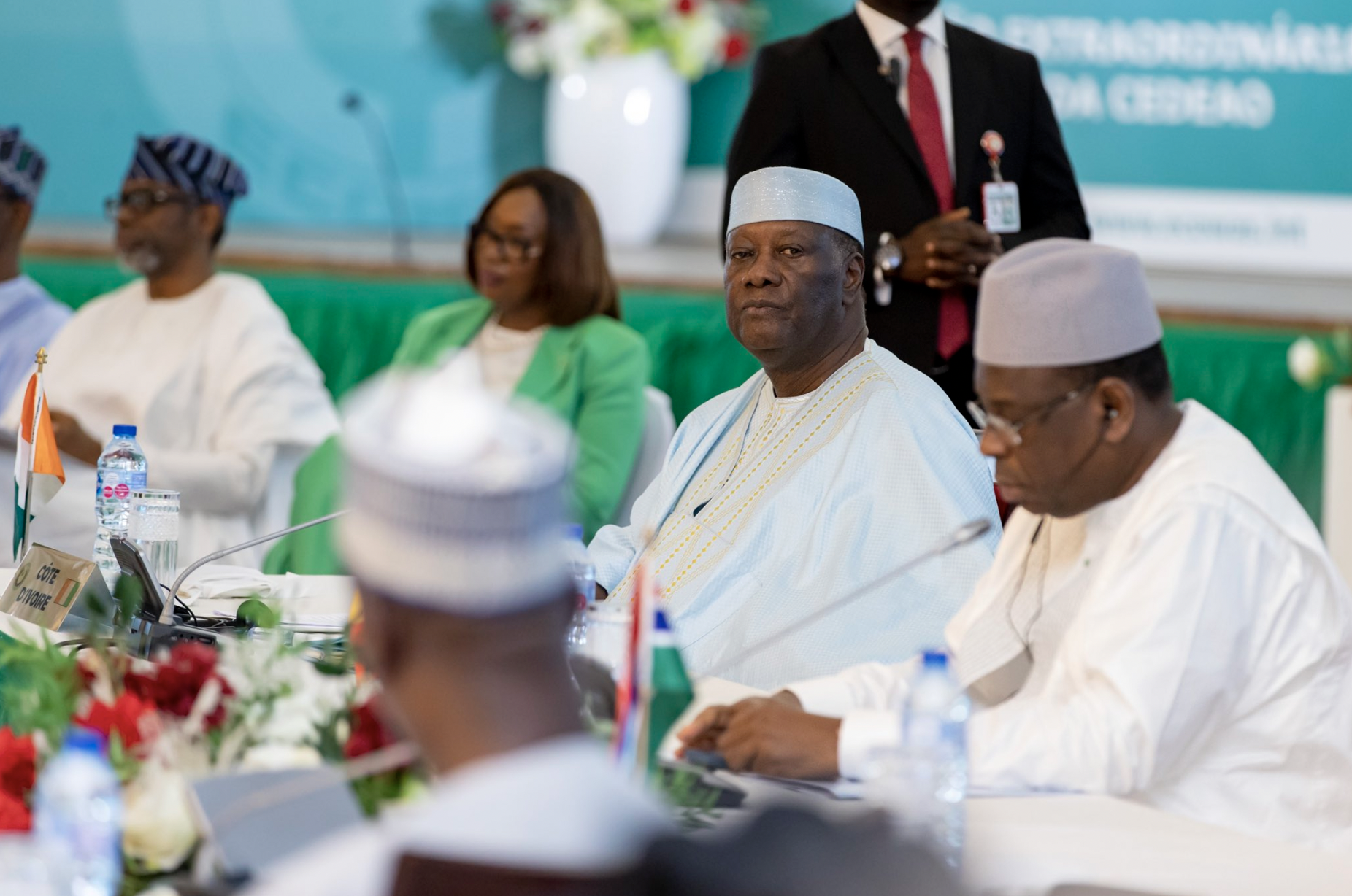Nous recrutons actuellement pour un certain nombre de postes. En savoir plus
The independence XI and Algeria’s quest for recognition

International football across the global south is infused with a legacy of anti-colonial struggle. Often the performance of the national team is important because the very status as nation-states were contingent upon a liberation struggle. At its core, a liberation struggle is a battle to obtain independence and recognition – for other people to see you the same way you see yourself.
Sporting events such as AFCON are infused with displays of mutual recognition – for instance, when the national anthem of each competing nation is played and their flag raised. As Algeria departs the tournament after a surprising loss to Mauritania, the disappointment among their fans will be amplified by the historic importance of international football in the country’s decolonisation process.
Breaking from France
Football was introduced to French Algeria by colonists during the 1890s, as a tool to mould the local indigenous population towards the European ideals of civilisation. Aligned with the wider colonial philosophy around sport, football was envisioned as a disciplining instrument capable of placating struggles. However, by the 1910s football was already becoming a subversive instrument for Algerian activists.
Several “Muslim” clubs (used as a legal category by the colonial administration to refer to indigenous people in the Algerian colony) were established, intentionally differentiating themselves from “European” clubs (another legal category). By 1920, almost 20% of the clubs in Algeria were Muslim, and drew links to an Islamic religious heritage through team colours and chants. Matches against their “European” counterparts were intense contests, with final scores seen as conveying much more than what happened over the preceding 90 minutes. These rivalries carried such symbolic significance that in 1928 colonial authorities sought to ban matches between “European” teams and “Muslim” teams, urging inter-mixing instead. When football teams ignored this, in 1930, the colonial authorities imposed a quota of European players that each team had to play, further fueling the feeling of repression amongst “Muslim” clubs.
The subversive anti-colonial struggle latent in Algerian football laid the foundations for the tactics of the Front de Libération Nationale (FLN) – an independence movement which ultimately became the main vehicle for Algeria’s liberation struggle. The Algerian War (1954-1962) is infamous for the levels of violence witnessed as activists struggled against systematic torture and abuse from colonial authorities, while different political entities were involved in internecine conflicts to establish themselves as the rightful purveyors of Algerian independence. Ultimately, while figures are disputed, the war is estimated to have resulted in 300,000-400,000 deaths, according to French historians, Algerian historians put this estimate up to 1.5 million people. Amidst these stark scenes of violence the FLN were aware of a need to not only win hearts and minds, but to draw attention to their struggle in the French metropole, where many citizens remained ignorant of developments in North Africa.
In a clandestine operation masterminded by FLN operative Mohamed Boumezrag, between April and May 1958, 30 professional football players with Algerian heritage snuck out of France and gathered in Tunisia to create an FLN football team: Le Onze de l’Indépendance (The Independence Eleven). Notably, two of this team, Mustapha Zitouni and Rachid Mekloufi, were expected to be part of the 1958 French World Cup Squad. Their abscondment, particularly Mekloufi’s who was an established star in the French national team, sent a strong message conveying the FLN team’s dualfold purpose. The FLN wanted not only to demonstrate the extent of support for an independent Algerian nation, with the FLN as the legitimate vehicle for its attainment, but also to create a public spectacle that drew the attention of the French metropole.
Around the world
French football authorities reacted to the desertion by protesting to international sports body FIFA, obtaining the organisation’s refusal to recognise the team. This non-recognition was accompanied with sanctions against any team who played against them, the most potent being the threat of expulsion from the upcoming 1958 World Cup. Undeterred, the FLN team went on a tour of countries who would recognise them. One of their first games was in May 1958, playing against Morocco, Tunisia and Libya in a competition the FLN established called the Djamila Bouhired Tournament – named after an FLN activist who reportedly repeated “Algeria is our mother” whilst being tortured by French authorities. While Libya was already banned by FIFA, Morocco and Tunisia, who obtained their independence earlier and had applied to join FIFA that year, were threatened with sanctions. Nonetheless the two nations played in the tournament as a display of solidarity, but saw a FIFA investigation into these matches delay their eventual membership until August 1960.
Following the FLN team’s success in the North African tournament, they embarked on a world tour. The FLN team reportedly went to around 90 countries across Eastern Europe, the Middle East, Asia and Africa, winning 55 of their matches. These events were among the most prominent international displays of the Algerian flag and national anthem “Kassamen” at the time, and these rituals of recognition were integral to how the players understood their mission. In Poland, in a game against a local first division outfit (who played under a pseudonym), the local authorities reportedly asked not to play the Algerian anthem or raise their flag, fearing repercussions from FIFA. However, after the FLN stated they would not play under such conditions, the organisers acquiesced.
While the veracity of this particular event cannot be confirmed, the tale itself illustrates the team’s purpose: broadening recognition of Algeria as a nation. With Algeria officially gaining independence in July 1962, the group disbanded in order to be succeeded by the legitimate Algerian national football team.
Echoes of the liberation struggle
The legacy of the liberation struggle echoes throughout the Algerian national team’s history. In the wake of formal decolonisation an essential question for the country became how to continue the struggle and ensure the Algerian people were truly liberated. Frantz Fanon, a key revolutionary thinker whose experience of the Algerian war significantly influenced his writing, described sports as “expanding minds” and responsible for the task of “humanising”. Primarily concerned with a mental and psychological liberation extending beyond formal decolonisation, Fanon wrote that “the African politician should not be concerned with producing professional sportspeople, but conscious individuals who also practise sports”. In the FLN team, we see a mélange of both – professional sports people whose political consciousness prompted them to make personal sacrifices to advance the struggle, and a struggle which harnessed sport to raise public awareness.
This is, perhaps, the legacy that Algerian football has sought to maintain throughout its history as it negotiates liberation and adaptation. After qualifying for its first World Cup in 1982, Algeria maintained its subversive approach, and in a reflection of the FLN’s socialist ideology, refused kit deals from sports brands such as Puma and Adidas. Instead the team opted for kits made by the state-owned textile company, Sonitex, and diverging from common practice at the time, the country’s name was written in Arabic on these kits. In the contemporary era, the Algerian team is regarded as adept at leveraging its diaspora, as evidenced by 15 out of the 26-man squad in the current AFCON comprising players with dual nationality.
Parallels are consistently drawn with the liberation struggle, even in a pejorative sense, where players opting to represent France instead of Algeria are labelled as “Harki,” evoking those Algerians co-opted by French forces to advance the colonial war effort. On the other hand, many Algerians especially those in France have found it liberating to celebrate the successes of both Algerian and French national teams. These fans aim to raise awareness about the Algerian contributions to many French sporting successes, with iconic players such as Zinedine Zidane and Kylian Mbappé boasting Algerian heritage.
Solidarity with Palestine
In a continuation of the Algerian commitment to liberation struggles waged by other oppressed peoples, Algeria has recently pledged to host all official and unofficial matches related to the Palestinian team’s preparations for the 2026 World Cup and 2027 Asian Cup, covering all associated expenses. Algeria’s act of solidarity towards Palestine reflects the core theme of recognition, echoing the camaraderie extended to the FLN team before the country gained independence. For a country whose pre-independence team was described as “advanc[ing] the cause… by ten years”, according to Ferhat Abbas, President of the Provisional Government of the Algerian Republic,” the display of solidarity holds profound significance.
About the author
Lami Mabifa is an Associate Consultant at Africa Practice and works with various clients across the continent, conducting research, providing analysis and insights, and supporting stakeholder engagements. He can be reached at [email protected].
Related articles
Proud to be BCorp. We are part of the global movement for an inclusive, equitable, and regenerative economic system. Learn more


